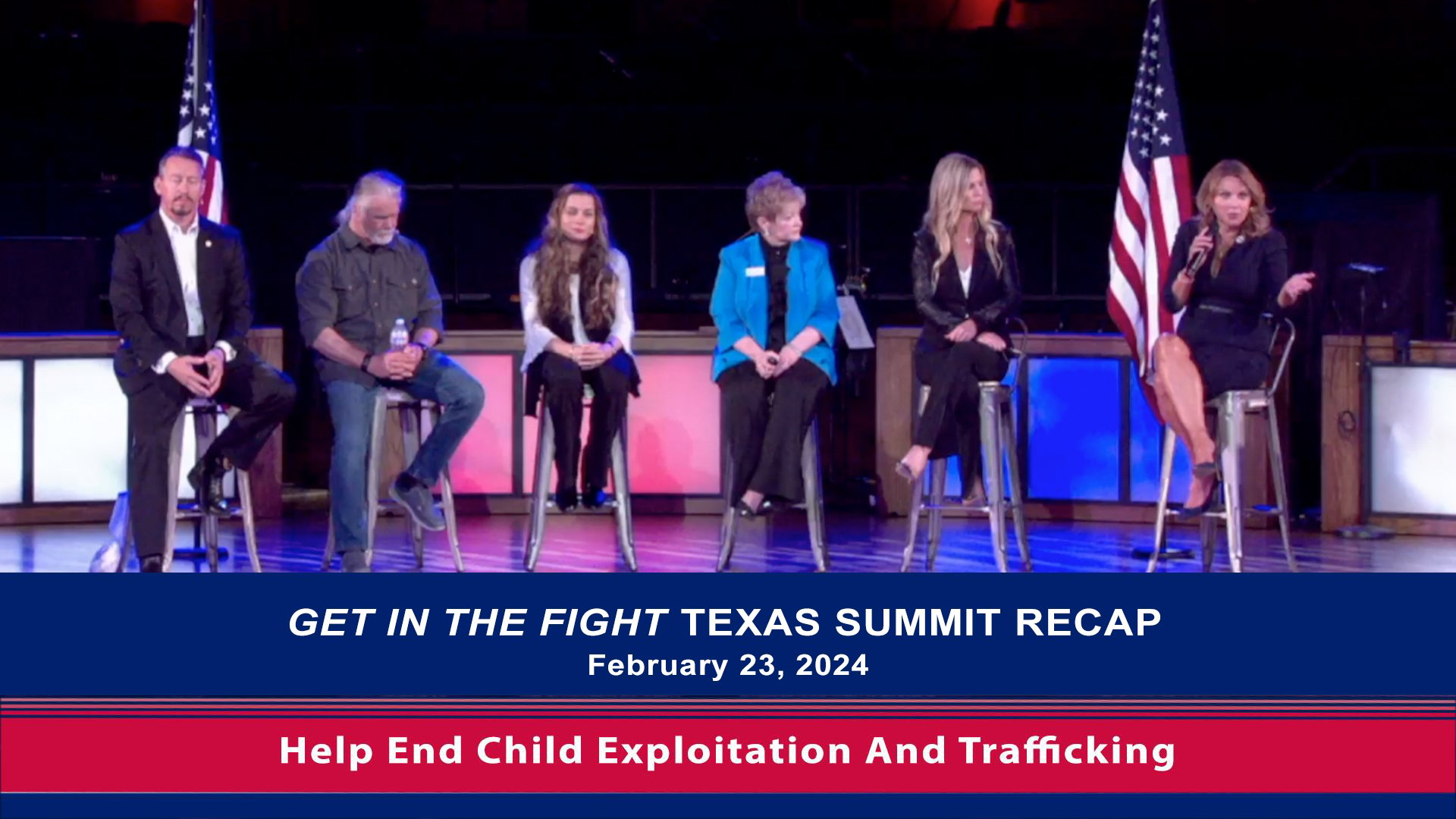Department of Family and Protective Services, Training, Reporting, and Placement [5 Family Code E Chapter 264]
264.001 Definitions
Click To Read 264.001 Definitions
This statute provides definitions of key terms used throughout Chapter 264.
264.1213 Records and Document for Children Aging out of Foster Care
Click To Read: 264.1213 Records and Document for Children Aging out of Foster Care
This statute outlines that, “the Department in cooperation with volunteer advocates from a charitable organization described by Subchapter C, Chapter 107, and the Department of Public Safety shall develop procedures to ensure that a foster child obtains a driver’s license or personal identification card before the child leave the conservatorship of the department.
264.1214 Housing for Homeless Youth Aging Out of Foster Care
Click To Read: 264.1214 Housing for Homeless Youth Aging Out of Foster Care
This statute outlines the timeline and requirements for youth aging out of the foster care system to ensure that the youth have housing on the date that they enter extended foster care.
264.123 Reports Concerning Children Who Are Missing or Victims of Sex Trafficking
Click To Read: 264.123 Reports Concerning Children Who Are Missing or Victims of Sex Trafficking
This statute outlines the procedure for notification and reporting of a missing child who is under the Department’s managing conservatorship.
264.118 Annual Survey
Click To Read: 264.118 Annual Survey
This statute requires that the Department collect and report service and outcome information for certain current and former foster care youth for use in the National Youth in Transition Database.
264.0145 Release of Case Records
Click To Read: 264.0145 Release of Case Records
This statute defines case records as, “hose files, reports, records, communications, audio recordings, video recordings, or working papers under the custody and control of the department that are collected, developed, or used: in a child abuse or neglect investigation; or in providing services as a result of an investigation, including substitute care services for a child. This statute states that the department is not required to release a copy of the case record except as provided by law and department rule. Further, it also provides that “the executive commissioner by rule shall establish guidelines that prioritize requests to release case records, including those made by an adult previously in the department’s managing conservatorship.”
264.015 Training
Click To Read: 264.015 Training
This statute requires that “the department include training in trauma-informed programs and services in any training the department provides to foster parents, adoptive parents, kinship caregivers, department caseworkers, and department supervisors.” It places further requirements on the department in executing this training.
264.017 Required Reporting
Click To Read: 264.017 Required Reporting
This statute requires that, “departments prepare and disseminate a report of statistics by county relating to key performance measures and data elements for child protection. The department is required to provide the report to the legislature and shall publish the report and make it available electronically to the public not later than February 1st of each year.” The statute further outlines the required content for the report.
264.018 Required Notification
Click To Read: 264.018 Required Notification
This statute outlines the notice requirements for the department for certain events relating to the children placed under its care.
264.019 Collection and Reporting of Alcohol and Controlled Substance Statistics
Click To Read: 264.019 Collection and Reporting of Alcohol and Controlled Substance Statistics
This statute requires that, “the department collect the following information and update the department’s automated case tracking and information management system to allow caseworkers to record information outlined in the statute.” It further provides that, “no later than November 1st of each year, the department shall: prepare a report for the preceding year containing: the information outlined in the statute and data collected under Section 531.02143 of the Government Code and post a copy of the report on the department’s Internet website; and electronically submit a copy of the report to the legislature.”
264.019 Collection and Reporting of Alcohol and Controlled Substance (Effective April 1st, 2025)
Click To Read: 264.019 collection and Reporting of Alcohol and Controlled Substance (Effective April 1st, 2025)
Effective April 1st, 2025, the report prepared no later than November 1st of each year, the government code citation will be 532.0204. It further requires that, “the department implements this section in a state fiscal biennium only if the commissioner of the department determines that the legislature has specifically appropriated an amount sufficient to update the department’s automated case tracking and information management system. If the commissioner of the department does not make that determination, the department shall implement this section no later than the date of the department’s next update of the automated case tracking and information management system.”
264.1061 Foster Parent Performance
Click To Read: 264.1061 Foster Parent Performance
This statute requires the department to monitor the performance of foster parents. The statute outlines the method under which performance is monitored and states that it must include the use of objective criteria by which the foster parent’s performance may be assessed It further requires that, “the department shall include references to the criteria in a written agreement between the department and the foster parent concerning the foster parent’s services.”
264.107 Placement of Children
Click To Read: 264.107 Placement of Children
This statue outlines the procedure for the department in selecting the placement of a child.
264.1075 Assessing Needs of a Child
Click To Read: 264.1075 Assessing Needs of a Child
This statute provides that, ” after removing a child from the child’s home, the department shall use assessment services provided by a child-care facility, a child-placing agency, or the child’s medical home during the initial substitute care placement. This assessment may be used to determine the most appropriate substitute care placement for a child, if needed. As soon as possible after a child is placed in the managing conservatorship of the department, the department shall assess whether the child has a developmental or intellectual disability. If the assessment required by Subsection (b) indicates that the child might have an intellectual disability, the department shall ensure that a referral for a determination of intellectual disability is made as soon as possible and that the determination is conducted by an authorized provider before the date of the child’s 16th birthday, if practicable. It further states that If the child is placed in the managing conservatorship of the department after the child’s 16th birthday, the determination of intellectual disability must be conducted as soon as possible after the assessment required by Subsection (b). “
264.1085 Foster Care Placement in Compliance with Federal Law Required
Click To Read: 264.1085 Foster Care Placement in Compliance with Federal Law Required
This statute required the department or licensed child-placing agency making a foster care placement to comply with the Multiethnic Placement Act of 1994.
264.112 Report on Children in Substitute Care
Click To Read: 264.112 Report on Children in Substitute Care
This statute requires the department to “report the status for children in substitute care to the executive commissioner at least once every 12 months and the report must analyze the length of time each child has been in substitute care and the barriers to placing the child for adoption or returning the child to the child’s parent or parents.”
264.121 Transitional Living Services Program
Click To Read: 264.121 Transitional Living Services Program
This statute requires the department to address the challenges facing foster care children in the conservatorship of the department and outlines the steps the department must take in order to do so.
264.122 Court Approval Required for Travel Outside United States by Child in Foster Care
Click To Read: 264.122 Court Approval Required for Travel Outside United States by Child in Foster Care
This statute requires that a child in the custody of the department and who has been placed in foster care can only travel outside of the United States if the person with whom the child has been placed has petitioned the court for, and the court has rendered an order granting approval for the child to do so. The court is required to provide notice to the department and to any other person entitled to notice if they approve the petition.
264.125 Age-Appropriate Normalcy Activities: Standard of Care
Click To Read: 264.125 Age-Appropriate Normalcy Activities: Standard of Care
This statute requires that, ” the department use its best efforts to normalize the lives of children in the managing conservatorship of the department by allowing substitute caregivers, without the department’s prior approval, to make decisions similar to those a parent would be entitled to make regarding a child’s participation in age-appropriate normalcy activities.” In doing so, the substitute caregiver must exercise the standard of care of a reasonable and prudent parent.” It further outlines that the department adopts and implements policies to promote the goal of this statute. It also requires the department to require training licensed child placing agency personnel, residential childcare licensing staff, conservatorship caseworkers, and other persons as may be determined by the department to complete a course of training regarding both decisions making under the standard of care of a reasonable and prudent parent and the benefits of participation in age-appropriate normalcy activities.
264.5032 Report on Child Fatality and Near Fatality Data
Click To Read: 264.5032 Report on Child Fatality and Near Fatality Data
This statute requires that the department produce a report relating to child fatality and near facility in cases resulting from abuse or neglect containing any specific information outlined in the statute.
264.509 Access to Information
Click To Read: 264.509 Access to Information
This statute outlines the process for a review team to request information and records of a deceased child in the custody.
264.610 Confidentiality
Click To Read: 264.610 Confidentiality
This statute provides that, “the commission may not disclose information gained through reports, collected case data, or inspections that would identify a person working at or receiving services from a volunteer advocate program.”
264.613 Use of Information and Records: Confidentiality
Click To Read: 264.613 Use of Information and Records: Confidentiality
This statute states that, “The files, reports, records, communications, and working papers used or developed in providing services under this subchapter are confidential and not subject to disclosure under Chapter 552, Government Code, and may only be disclosed for purposes consistent with this subchapter.” It further states that the information may be disclosed to the department, department employees, law enforcement agencies, prosecuting attorneys, medical professionals, and other state agencies that provide services to children and families; the attorney for the child who is the subject of the information; and eligible children’s advocacy centers. It also provides that information related to the investigation of a report of abuse or neglect of a child and services provided as a result of the investigation are confidential as provided by section 261.201.”
264.905 Removal of Child by Department
Click To Read: 264.905 Removal of Child by Department
This statute states that, “this subchapter of 264 does not prevent the department from removing a child at any time from a person who makes a parental child safety placement or from a caregiver if removal is determined to be necessary by the department for the safety and welfare of the child as provided by Chapter 262.”
















